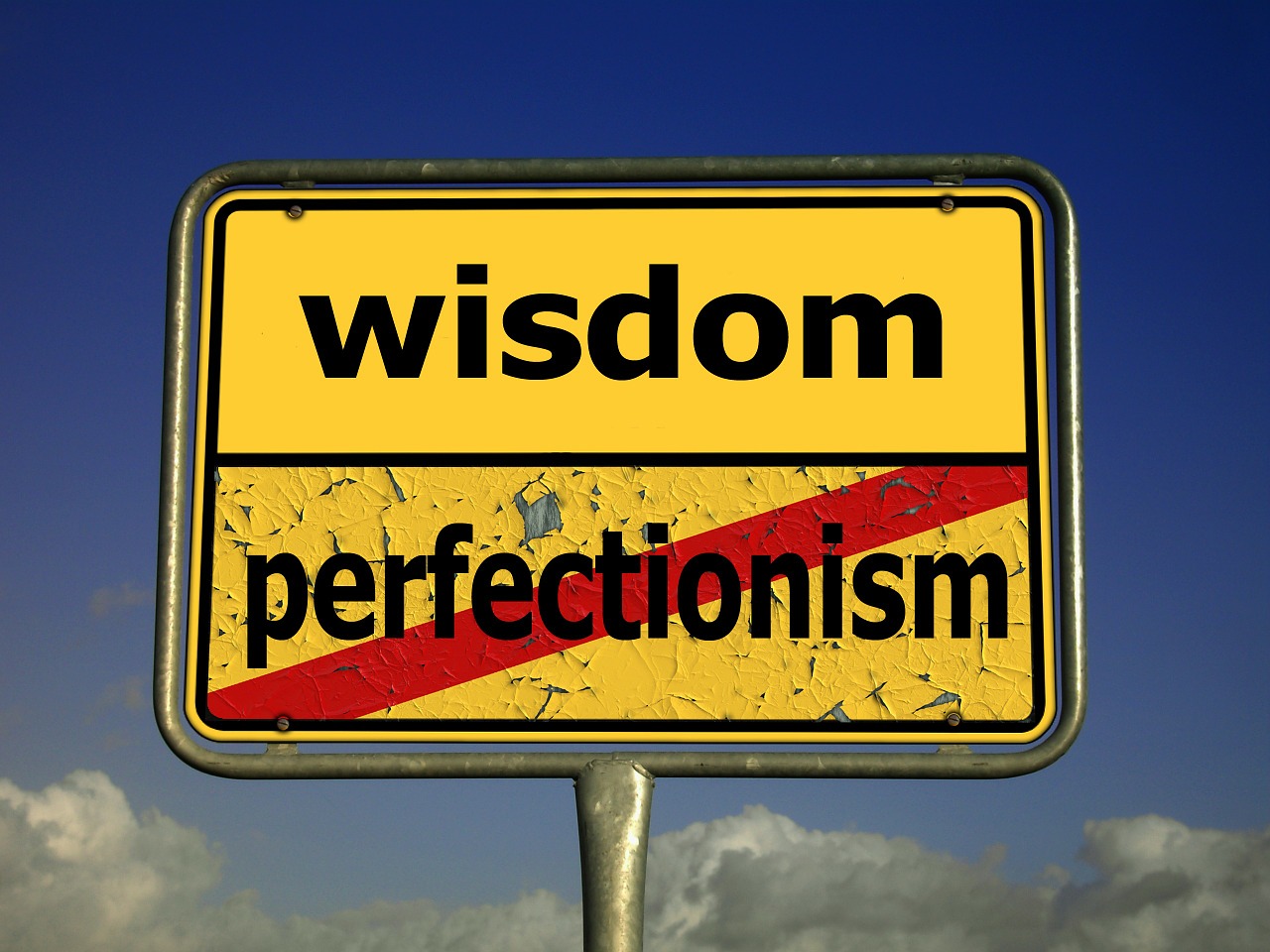
Ghosting: the act of disappearing from a relationship, ceasing all communication without warning or explanation. Ghosting is not a new phenomenon but in today’s fast-paced, plugged-in world, ghosting out of a relationship is easier than it has ever been. If you’ve ever been ghosted in a relationship, you know that it feels bad. It can leave you feeling confused, disrespected, and vulnerable. You may find yourself questioning the relationship and even doubting yourself. We’ve heard a lot about ghosting in the popular media, especially as it relates to the dating world, but today I’m going to write about how ghosting affects a different kind of relationship: the one with your therapist.
To help me in writing this blog, I asked some of my local colleagues to share their thoughts about being ghosted by patients; their responses are woven in throughout this post. Being ghosted is an occupational hazard of being a therapist so we all accept that it will happen. Everyone who shared feedback with me expressed compassion for patients who ghost. It can be uncomfortable to consider “breaking up” with your therapist. We get that, and also understand there may be any number of reasons you want to discontinue therapy with us: it doesn’t feel like a good fit, it’s not helpful anymore (although it may have been in the past), you’re angry at your therapist, you want to try seeing a therapist with a different approach, your finances are too tight and you can no longer afford to come in, you don’t feel like you need to come anymore, the therapy process is too uncomfortable and you’re not ready, or maybe your schedule has gotten too crazy and you can’t make therapy appointments work right now.
Please indulge me as I share a few considerations about how ghosting affects us therapists. Like most people, therapists prefer closure. Without it, our minds ask questions that may never be answered: What happened? Are they okay? Are they safe? Did I do something wrong? Did I trigger something difficult without knowing it? Was I not a good fit for some reason? What’s more, if you ghost your therapist, you take away your therapist’s ability to learn from the experience of working with you. Most of us welcome feedback, even challenging feedback, because it helps us learn and grow and mature as therapists and as human beings. If we don’t know why you’ve stopped coming to see us, we don’t really know if there’s something we need to change or work on.
One more thing to consider if you’re thinking about ghosting your therapist: most therapists are earnest, compassionate, touchy-feely goofballs who believe in the human capacity for positive change. We genuinely care about you and believe you matter. Please know that we feel this way even if we are not the right person to help you on your path right now. When therapists are ghosted, we don’t get the chance to honor you or our relationship by saying goodbye, wishing you well, or offering suggestions for other resources that may be helpful on your journey. Even as trained professionals, abrupt, unexplained endings can leave us feeling sad, frustrated, or unsure. All of my colleagues said they would prefer to hear from patients thinking about discontinuing therapy. Our job is to meet you wherever you are on your journey, even if that means you need to say goodbye to our relationship.

Although being ghosted can frustrating for therapists, it may be more important to consider how ghosting your therapist may directly affect you. Many of my colleagues shared their belief that it’s important for their patients to speak up for themselves, even if it’s difficult. Here’s why: learning to own and speak your truth can be very empowering, and can even be an important component of healing. Depression, anxiety, trauma, relationship problems, and stress pile-ups can all leave people wanting to withdraw from life and avoid more pain (check out my earlier blog posts on the sneakiness of anxiety, and the obnoxiousness of depression). A vital part of recovering from these issues involves finding ways to engage constructively in your own life and overcome the pull to withdraw and avoid. We all have to learn how and when to lean into life’s uncomfortable experiences, including the discomfort that comes from ending a relationship. Leaning into these kinds of experiences can often make us stronger and more resilient.
Let me take a moment to talk about avoidance specifically because it is a really sneaky bugger! Avoiding uncomfortable experiences like breaking up with your therapist may feel like a relief in the short term but can have negative effects over the long-term. When we engage in repeated patterns of avoidance, the avoidance starts reinforcing itself, which means that patterns of anxiety, depression, trauma, or relationship problems may also be reinforced . Furthermore, when you ghost, you take away your own ability to speak your truth, which can damage your sense of self-worth and your ability to engage in future relationships in healthy ways.
My local colleagues all agreed that saying goodbye to your therapist can be difficult but very important and even empowering. It honors your voice, while also honoring your therapist and the relationship thus far. Saying goodbye allows you the opportunity to lean in and practice how to end a relationship well, with dignity and respect for all parties. It’s hard to do but worth it.
With well wishes and gratitude,
Dr. Jen



